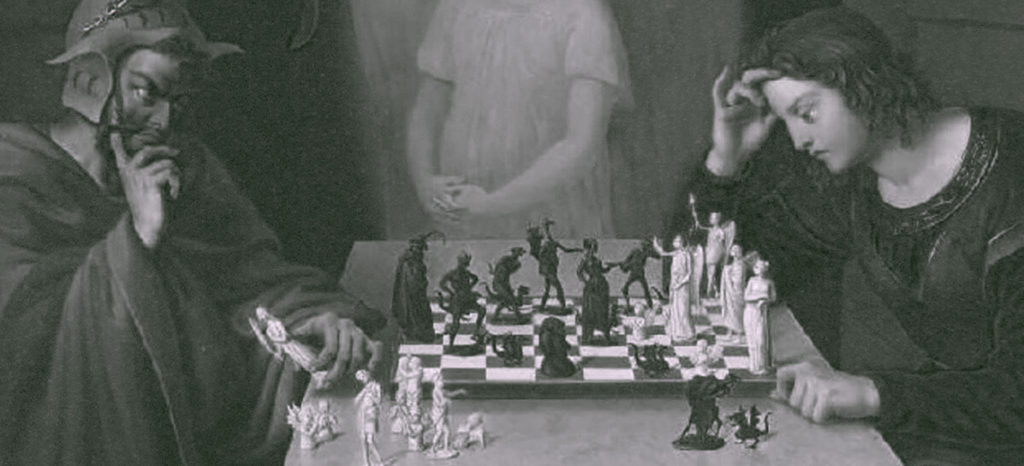Just when you thought the mire couldn’t get any murkier, a new revelation shakes the very foundation of power and influence. Jeffrey Epstein, the convicted sex offender and high-profile businessman who died under questionable circumstances in 2019, was at the center of a shocking conspiracy involving none other than Microsoft co-founder Bill Gates.
Unearthed evidence suggests Epstein used his knowledge of a secret liaison between Gates and a Russian bridge player as leverage, threatening to reveal the affair if Gates refused to maintain ties. For a tale that smells strongly of international intrigue and deep-seated corruption, the connections run remarkably close to home.
A Seedy Encounter at the Crossroads of Philanthropy and Power
Around 2010, Gates crossed paths with a young Russian bridge player, Mila Antonova. However, it wasn’t until 2013 that Epstein would meet Antonova and fund her attendance at a software coding school. Four years later, Epstein sent a curious email to Gates, requesting reimbursement for the cost of Antonova’s course.

Why would a man of Epstein’s wealth request reimbursement for a seemingly trivial amount?
It appears to have been less about the money and more about the power. Epstein had been vying for Gates’ participation in a multibillion-dollar charitable fund with JPMorgan Chase, an endeavor Gates had repeatedly declined.
The email was a thinly-veiled threat; comply, or face exposure.
Gates, a noted philanthropist, initially met with Epstein for what he believed to be altruistic purposes. A spokesperson for Gates has asserted that Epstein’s attempts to sway Gates’ philanthropic efforts were unsuccessful, leading Epstein to utilize darker tactics.
Epstein, who was accused in 2006 of sexually abusing underage girls, carried a tainted reputation. Yet, he continued to mingle with the high society, seeking to exert control and influence through whatever means necessary.
Among his arsenal?
Potentially damaging information about Gates’ affair.
Manipulation Under the Guise of Mentorship
The story becomes even more tangled when considering Antonova’s role.
The young Russian was introduced to Epstein by Boris Nikolic, a confidant of Gates and top science advisor at the time. Antonova, unaware of Epstein’s true character, believed she was meeting a successful businessman eager to help. The reality was far more sinister.
In Antonova’s words, Epstein was merely a wealthy man who wanted to assist her in pursuing her passion: an online business teaching people how to play bridge. While Epstein eventually refused to invest in her project, he paid her coding school fees and even provided her with a temporary New York City apartment.

At the heart of this narrative, however, lies Epstein’s ambitious plan: a multibillion-dollar charitable fund. To establish the fund, he needed Gates, a man with an estimated net worth exceeding $100 billion.
Epstein’s emails to top JPMorgan executives reveal his audacious belief that he was a close Gates adviser, despite Gates’ team vehemently denying such a relationship.
Epstein’s chess game didn’t stop with Gates. He also tried to maneuver Norwegian officials, hinting that he could facilitate a Nobel Peace Prize for Gates’ polio eradication efforts. Epstein’s grand plan hinged on support from influential individuals. Yet, despite years of strategic scheming, his charitable fund never materialized.
A Rook’s Gambit: Epstein’s Last Ploy
In a final desperate attempt in 2017, Epstein played what he perhaps thought was his trump card. He brought up the past relationship between Gates and Antonova, years after it had ended, in a seeming attempt to gain an upper hand. His email to Gates asked for reimbursement for the costs of Antonova’s coding school. The implication was clear; Epstein had a damaging secret and was not afraid to use it.

However, Epstein’s calculated move failed. Gates did not take the bait. Epstein’s insidious innuendo, the spokeswoman for Gates confirmed, did not result in any payment. The tables had turned, and Epstein was left grasping at straws.
Despite Epstein’s calculated machinations, Gates stood firm, maintaining that he had no financial dealings with Epstein. The Microsoft co-founder’s admission of regret over his association with Epstein serves as a harsh reminder of the dangerous allure of powerful figures with dubious intentions.
Days before his death, Epstein made one final move that was as confusing as it was suspicious. He altered his will and named Boris Nikolic, a close associate of Gates, as a backup executor. Unaware of Epstein’s intentions, Nikolic declined to serve. He later surmised that Epstein’s decision was likely a vengeful jab at Gates.
The Grandmaster’s Final Checkmate?
In the grand chessboard of power, influence, and wealth, Epstein played the game like a seasoned grandmaster, making aggressive and often, dangerous moves. However, even in the world of high-stakes, the narrative remains the same; overreach can lead to downfall.

What remains of Epstein’s legacy is a cautionary tale of wealth, power, manipulation, and the dangerous game of secrets and threats. The tale of Gates, Epstein, and Antonova serves as a stark reminder of the lengths some people will go to exert control, even in the face of inevitable defeat.
As for Bill Gates, one of the world’s most influential figures, this chapter serves as an unfortunate blemish on an otherwise sterling record of philanthropy and technological advancement. Yet, it is also a potent reminder that even those we admire are not immune to the machinations of those who would exploit vulnerability for their own gain.
In this web of intrigue and manipulation, it’s essential to remember that the truth will always find a way to rise to the surface, often in the most unexpected of ways.
The saga of Jeffrey Epstein’s manipulative machinations might have reached its conclusion with his death, but the ripples of his actions continue to disturb the calm waters of high society, reminding us all that appearances can often be deceiving, and even the mighty can be susceptible to the most insidious of plots.




